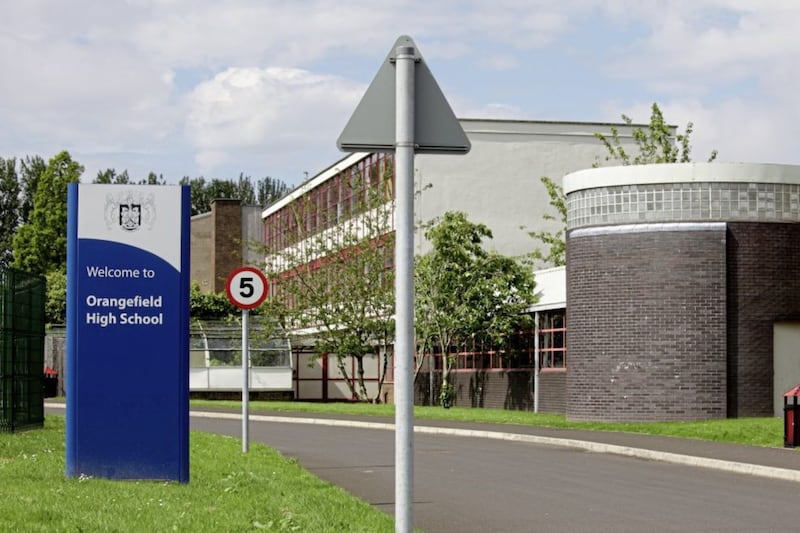SCHOOLS are being forced to squeeze more children into classrooms, and reduce the number of subjects they can teach due to budget cuts, it has been warned.
The leaders of state controlled schools are also reporting job losses in teaching and support staff as well as fewer extra curricular activities.
Representatives from the Controlled Schools' Support Council (CSSC) gave evidence to the Northern Ireland Affairs Committee, as part of its inquiry into education funding.
It is examining whether the levels of funding allocated to education in the Northern Ireland budget are sufficient to meet the challenges facing the sector. It is also considering what the spending priorities should be for the money allocated to Department of Education.
An audit report warned that the north's education system was coming close to a tipping point. Auditor General Kieran Donnelly's report highlighted pressure on budgets, increasing pupil numbers and schools with sustainability issues.
CSSC Chief Executive Barry Mulholland said the council had learned from its principals that the reduction in budgets was "resulting in a reduced curriculum offer, significantly larger classes, reduced planning and preparation time for teachers, a reduction in teaching and non-teaching staff across schools" as well as a reduction in extra and co-curricular activities".
"In many cases, parents are being asked to contribute more financially and in terms of school supplies and services," Mr Mulholland said.
"CSSC acknowledges that budgets are finite, but the reality is that many schools are struggling to deliver the essential curriculum to enable over 140,000 pupils in their care to meet their potential.
"Education must continue to be valued and given the priority it deserves across all government departments; after all, our schools are educating the next generation. Principals from controlled schools tell us they are reaching a tipping point."
Mr Mulholland added that pupil numbers had increased in recent years while education budgets had reduced in real terms.
Inflationary increases were having to be met from cuts to provision, leading to frustration among school leaders and teachers, he said.
"School leaders are finding that despite their best efforts to operate within allocated budgets, they can no longer do this without negatively impacting upon the educational provision in their schools," he added.
Schools are now faced with making even more cuts, despite best efforts to stay within allocated budgets. The bottom line is that there is currently insufficient funding for education in Northern Ireland and this is a systemic issue."








